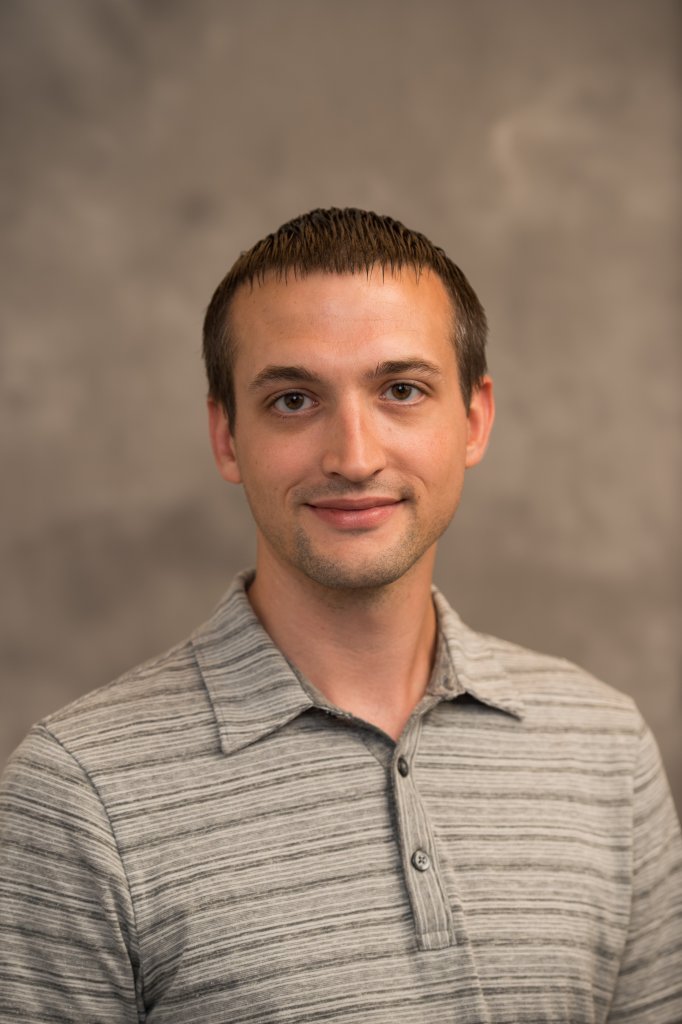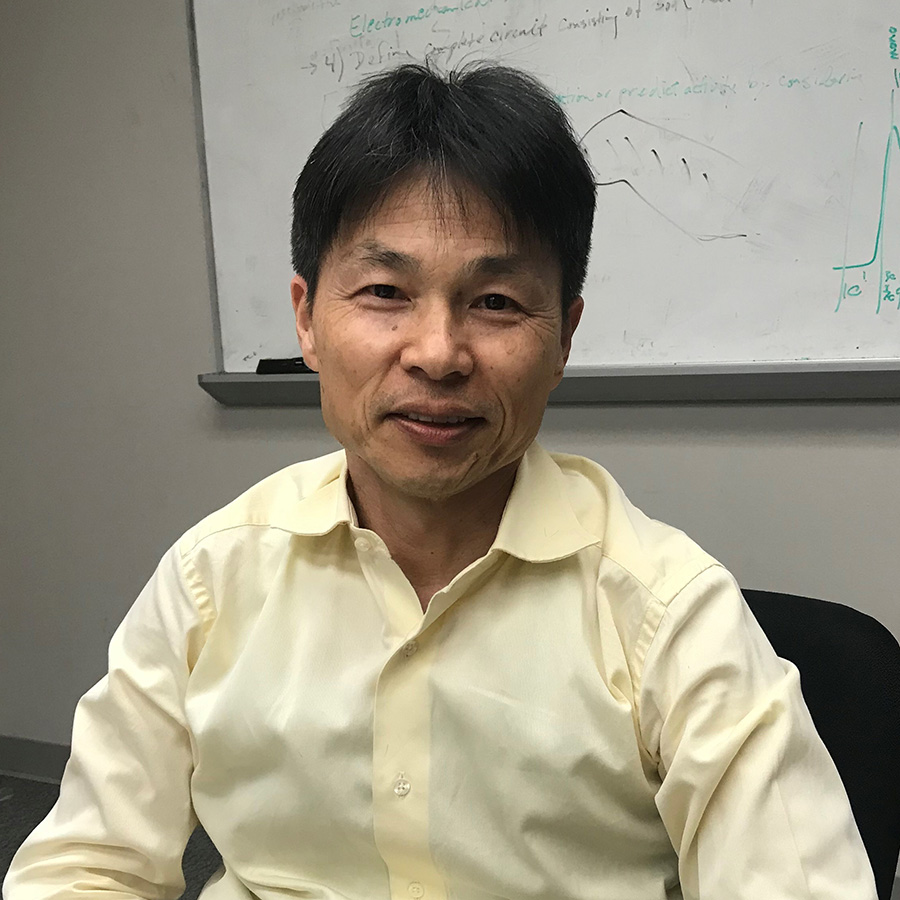James Hays

Professor Hays's research interests span computer vision, graphics, robotics, and machine learning. Before joining Georgia Tech, he was the Manning assistant professor of computer science at Brown University. James was a post-doc at Massachusetts Institute of Technology and received his Ph.D. from Carnegie Mellon University in 2009. James received his B.S. in Computer Science from Georgia Tech in 2003.
Computer Vision; Computer Graphics; Machine Learning; Robotics


